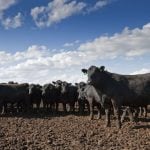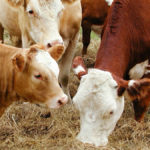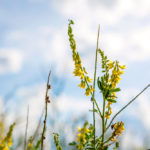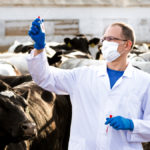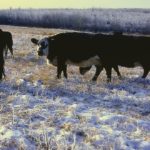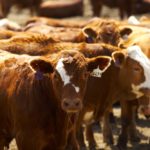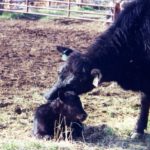In March 2019, the World Health Organization, the Food and Agriculture Organization of the United Nations and the World Organization for Animal Health launched a guide for countries using a One Health approach to control zoonotic diseases. The guide became available internationally in multiple languages in October 2019. Zoonotic diseases such as avian influenza, rabies, […] Read more


